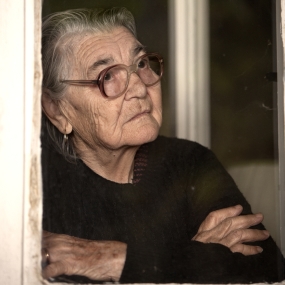Blogger: Wenche Malmedal, Associate Professor at Department of Public Health and Nursing
Elder abuse can take many forms and can be describes as physical, psychological, financial, sexual or neglect. According to The World Health Organization, at least 3-5% of the population 65+ are exposed to one or more types of abuse. This is a major treat to the public health. Still elder abuse is a hidden and under researched problem.
Nursing homes are identified as one arena where elder abuse takes place. Research on nursing home abuse is very limited. The aim of this project is to reduce abuse and neglect in nursing homes, through developing new knowledge on the extent and nature of abuse, and to identify mechanisms at individual, organizational and structural level leading to abuse and neglect in nursing homes.
The research is organized in three sub-studies. The first comprises a national survey on abuse of nursing home patients among the staff to estimate the occurrence and causes of abuse and neglect. The second sub-study takes into account that leadership is important in building a culture of patient safety. The study explores the role of leadership to promote patient safety in nursing homes. This is done through document studies of deficiency reports in combination with interviews with nursing home leaders. The third sub-study explores relatives’ experiences of abuse and neglect of nursing home patients. Data will be gathered through focus group discussions.
The unique contribution of the current study is a broad approach, including a specter of methods, and investigating several factors associated with abuse. Dissemination of results includes informing local and national health authorities.


